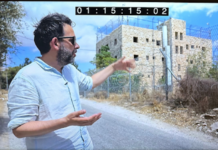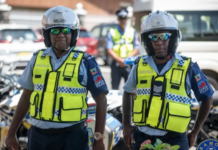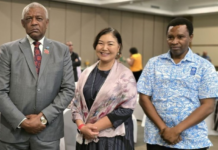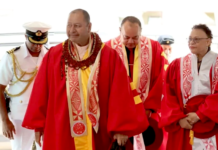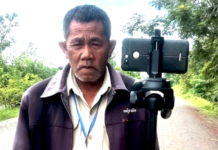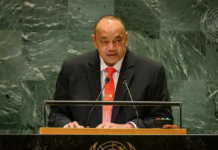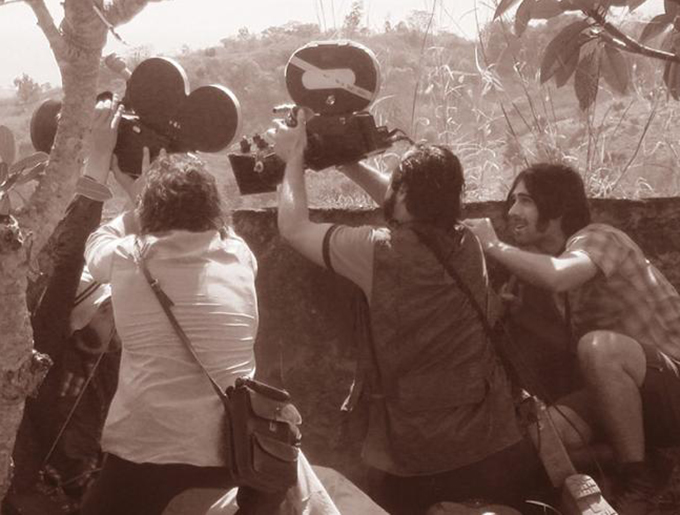
The Australian Centre for Independent Journalism, one of the flagships of investigative journalism, has been closed after 25 years in a controversial decision by the University of Technology Sydney.
Current and past staff and student members plan to hold an event to celebrate the centre’s achievements in the public right to know domain and consider the future of independent journalism later this month.
Under the title “Hidden stories past and present …”, former directors of the ACIJ Associate Professor Tom Morton, Professor Wendy Bacon and Professor Chris Nash (now at Monash University) will be joined by multiple Walkley Award winning investigative journalist Sharon Davis and The Guardian’s Paul Farrell among many other speakers at the celebration.
Current head of the UTS journalism programme Professor Peter Fray will also be speaking.
In an announcement, Professor Mary Spongberg, new dean of the Faculty of Arts and Social Sciences (FASS), said ACIJ had made a “significant contribution to journalism and was a strong advocate of the right to know” over the years but it was now closed.
Global environment initiative
Over the last two years the Faculty has reviewed UTS centres operating in FASS in accordance with the centres directive, which requires periodic evaluation of performance against the strategic objectives of the faculty and university. As a result of this process, the Australian Centre for Independent Journalism (ACIJ) has been formally closed by the vice-chancellor.
ACIJ made a significant contribution to journalism and was a strong advocate for the public right to know and the role of journalism in strengthening democracy. In its over 25 year history, ACIJ collaborated on major investigations with a wide range of media outlets and was involved in both national and international research collaborations such as the Global Environmental Journalism Initiative (via the Erasmus Mundus program overseen by the European Commission).
More specifically, ACIJ published groundbreaking analysis of the reporting of climate policy and climate science in the Australian media by Professor Wendy Bacon, as well a study examining the reporting of the News of the World phone hacking scandal in Australian newspapers by Jenna Price and Wendy Bacon.
More recently, then ACIJ director Tom Morton and Professor Mark Pearson of Griffith University collaborated on research, funded by FASS and the Rule of Law Institute Australia, into how the media reports the cases of forensic patients, culminating in a Background Briefing program for ABC Radio National, a series of academic publications, and a significant change to the Mental Health Review Tribunals approach to media reporting of cases before it.
A number of leading Australian journalism academics acted as director over the years, including Professor Julianne Schultz, Professor Wendy Bacon, Professor Chris Nash, the late Professor Alan Knight and, most recently, Associate Professor Tom Morton. I would like to thank each of them for their commitment and hard work.
The renewal of the journalism discipline will continue in the faculty under the leadership of Professor Peter Fray. Postgraduate courses in Advanced Journalism and Sports Media are having their first intakes this session, a new daily news website is soon to be launched, and a cross-faculty media transition collaboration has been established with the Faculty of Law.
I would like to thank all of the associated academic and professional staff, especially Jan McClelland and Tameera Pellegrini, for their dedication to ACIJ over the years.
The celebration on April 29 at UTS’s Peter Johnson Building will feature discussions on:
- The best of independent journalism — what did we learn?
- 25 years of hidden stories — where are they now?
- What do the public right to know and independent journalism mean now?






